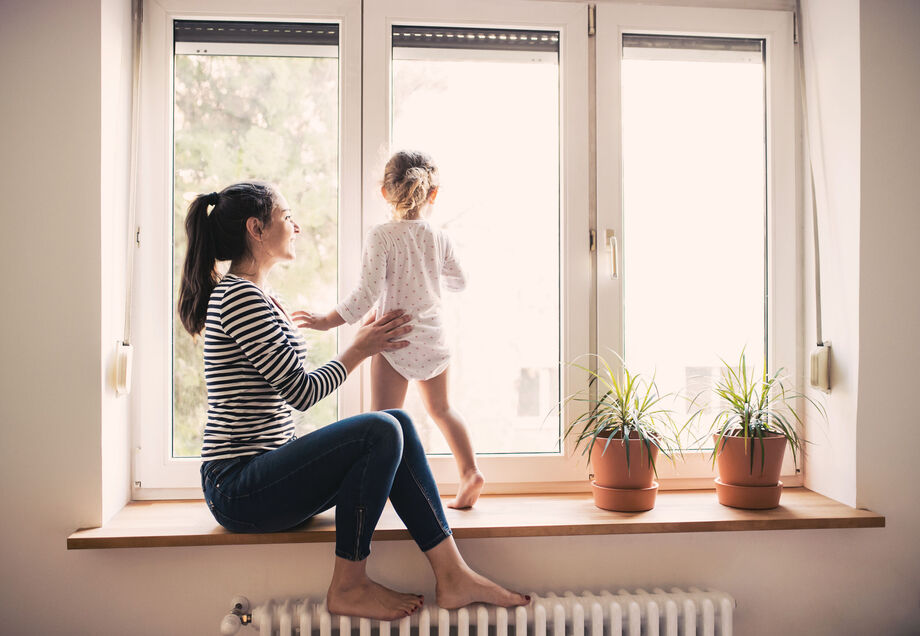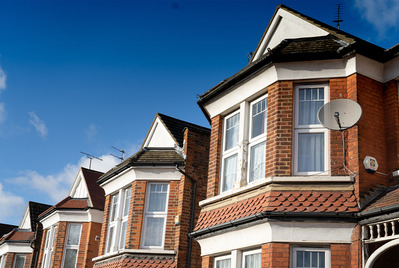
As a landlord, you have a duty of care to your tenants. That means you’re legally obliged to provide safe accommodation for them and do everything you can to minimise the risks from the hazards, in England, this is outlined in the Housing Health and Safety Rating System (HHSRS).
In Scotland, the rules are different. A property needs to meet the “Repairing Standard” which relates to it being wind and watertight, but also requires utilities to be in a “reasonable state of repair.” Any repairs need to be carried out according to the “Tolerable Standard”. Safety rules in Scotland.
Your top 10 safety obligations
1. Gas
All gas fixtures and equipment you supply must be safely installed and maintained by a Gas Safe registered engineer. Every year, you must have a gas safety check carried out and give the tenant a copy of the certificate, before the tenant moves in.
2. Electrical
As the law stands, you only have to have the system periodically inspected by an electrician if it’s an HMO (every 5 years). However, you are legally required to make sure the electrical system and any appliances you provide are safe. The best way to do that is by instructing a 'Part-P' qualified electrician to carry out an inspection on the system every 3-5 years and have a Portable Appliance Test (PAT) on appliances every 12 months.
3. Written risk assessment
A ‘competent person’ should complete a written risk assessment form for the property. The best solution is to have a fire safety specialist do this and then review it periodically – ideally each year or between tenancies.
4. Furnishings
All furnishings and upholstered furniture you supply (e.g. sofas & armchairs) must meet fire safety regulations – there should be a permanent manufacturer’s label confirming this.
5. Alarms
Legally, there must be a working smoke alarm on each floor of the property, tested at the start of every tenancy. But, to give your tenants the best protection, you can go further than the minimum legal requirement and install:
- A smoke alarm in all living rooms
- A smoke alarm in every hallway and landing
- A heat sensor in the kitchen
(All these are required in Scotland)
And, ideally although a carbon monoxide alarm is needed in any rooms where there’s a solid fuel burning appliance, it is worth fitting one in all homes which are let as this can be lethal.
6. Clear escape routes
This will be covered in your risk assessment but bear in mind tenants can inadvertently obstruct escape routes during the tenancy. As such, it’s a good idea to put up clear notices in fire escape route areas and on fire exit doors and make checks during periodic visits.
7. Mould from damp and condensation
Mould can cause health hazards for your tenants, so you must make sure the property is properly ventilated, especially in the kitchen and bathroom, where a lot of condensation can collect from steam. It’s a good idea to use mould-resistant paint on the walls and floors in these rooms and make sure you check for mildew during periodical inspections, but if mould appears, make sure you get a diagnosis of the cause before covering it up or it is likely to return.
8. Security
Make sure there are appropriate locks on doors and windows and that boundaries are well maintained (e.g. walls and fencing). You should also consider putting in some external lighting. Make sure you know who has keys to external doors and that only the tenants, property manager and landlord are able to enter the property.
9. Emergency procedures and operating manuals
Display clear information about what tenants should do and who to contact in case of an emergency, to reduce the chance of any injury, e.g. if there is a fire or flood in the property. And make sure there are instruction manuals for all the equipment you’ve provided, to help tenants use it safely.
10. Repairs
Under the Landlord and Tenant Act 1985 and recent amendment, the Homes (Fitness for Human Habitation) Act 2018, you’re legally obliged to ensure the property is fit for habitation at the start of the tenancy and maintained in good condition. If the furnishings or fittings or fabric of the property itself fall into disrepair, it could cause serious safety issues for tenants.
If you currently self-manage and would like any advice on keeping your tenants safe, just call into your local Your Move branch and one of the team will be happy to help.
The Your Move Content Marketing Team



